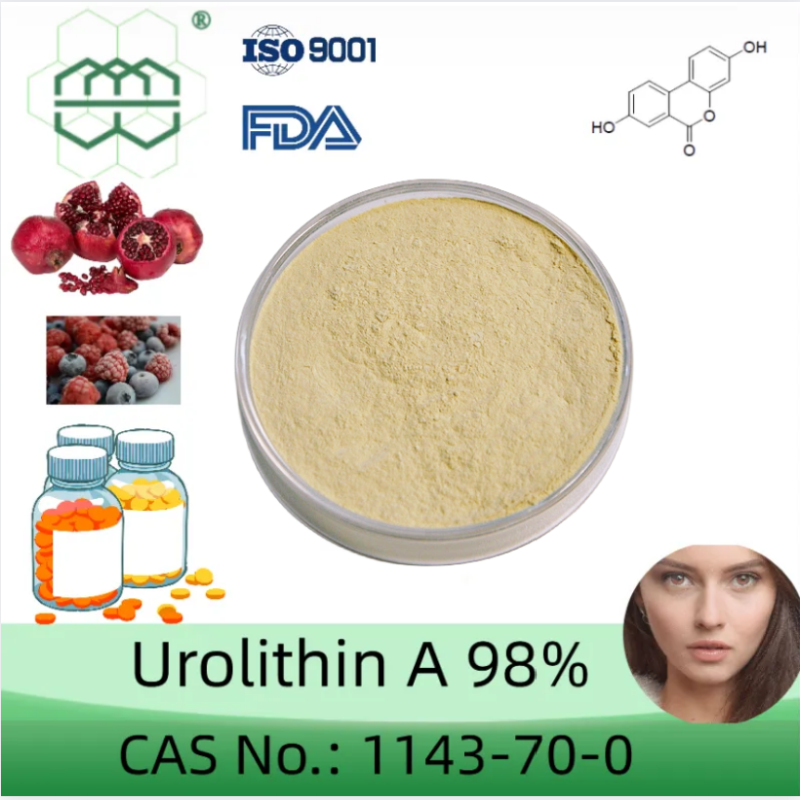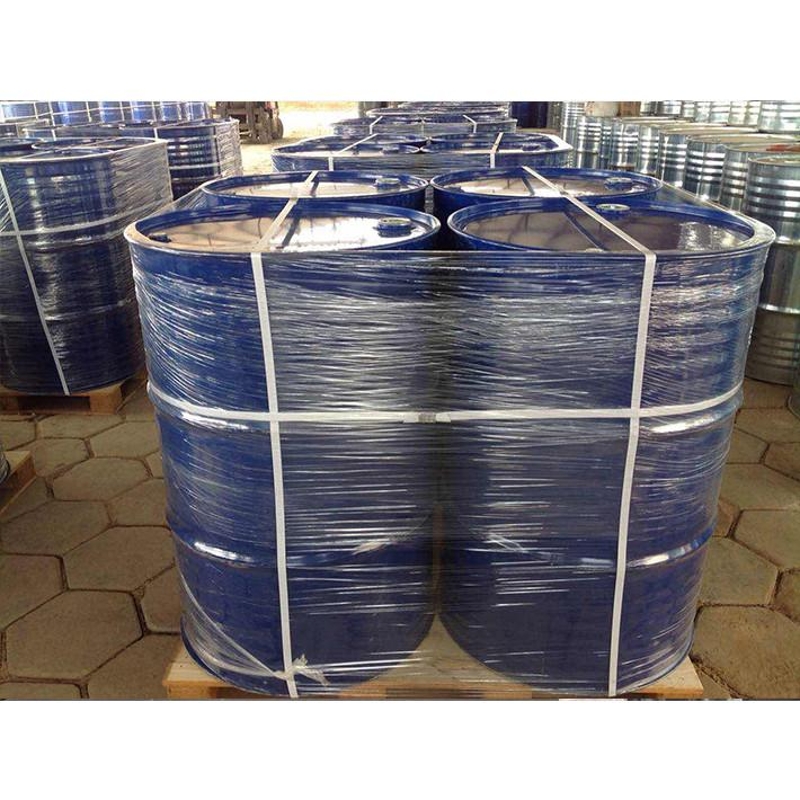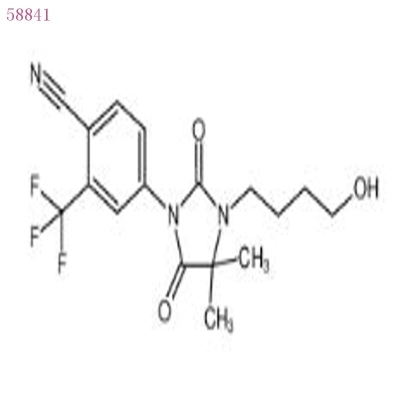-
Categories
-
Pharmaceutical Intermediates
-
Active Pharmaceutical Ingredients
-
Food Additives
- Industrial Coatings
- Agrochemicals
- Dyes and Pigments
- Surfactant
- Flavors and Fragrances
- Chemical Reagents
- Catalyst and Auxiliary
- Natural Products
- Inorganic Chemistry
-
Organic Chemistry
-
Biochemical Engineering
- Analytical Chemistry
-
Cosmetic Ingredient
- Water Treatment Chemical
-
Pharmaceutical Intermediates
Promotion
ECHEMI Mall
Wholesale
Weekly Price
Exhibition
News
-
Trade Service
.
For Serbian beef producers, considering that Serbia’s annual export quota of fresh beef to Turkey reaches 5,000 tons, and the new crown pneumonia epidemic has slowed the export of Serbian beef to foreign markets, it is particularly important to maintain fresh beef exports to Turkey
.
In addition, Serbia also exports frozen fruits, sunflower oil and animal feed to Turkey
.
Kezo, the representative of cattle farmers of Serbia’s "Agricultural Interests" Association, said that reaching a new export agreement with Turkey is very important for Serbian beef producers because the import price of Turkey is the highest
.
Serbia’s beef exports to Turkey were once stalled, but Serbia resolved the problem by increasing exports to Bosnia and Herzegovina and re-exporting to Turkey
.
The beef producer can accept a live cattle price of 2.
5 Euro/kg
.
The world's demand for beef is currently increasing.
If Turkish importers can increase the price by 10-20 Euro cents/kg, this will be a huge deal for Serbia
.
Turkey has previously admitted that the beef has the highest quality, and now the price of several new varieties of beef on the European market can reach 2.
6 to 2.
85 euros/kg
.
.
Serbia’s beef exports to Turkey were once stalled, but Serbia resolved the problem by increasing exports to Bosnia and Herzegovina and re-exporting to Turkey
.
The beef producer can accept a live cattle price of 2.
5 Euro/kg
.
The world's demand for beef is currently increasing.
If Turkish importers can increase the price by 10-20 Euro cents/kg, this will be a huge deal for Serbia
.
Turkey has previously admitted that the beef has the highest quality, and now the price of several new varieties of beef on the European market can reach 2.
6 to 2.
85 euros/kg
.
Kezo said that in the past few years, the main competitors of beef in the Turkish market were Poland, Brazil and Argentina
.
According to the latest data released by Turkey, current major competitors include Hungary, Romania, Brazil, Uruguay, Czech Republic, Ireland and Spain
.
Serbia currently mainly exports beef to Bosnia and Herzegovina, Montenegro and Albania.
A small amount is exported to Italy (Milan calf breed), symbolically exported to China, and the rest is sold in the domestic market
.
Serbia’s goal is to occupy at least one Arab country’s market, because Arab countries currently have the largest demand for beef
.
.
According to the latest data released by Turkey, current major competitors include Hungary, Romania, Brazil, Uruguay, Czech Republic, Ireland and Spain
.
Serbia currently mainly exports beef to Bosnia and Herzegovina, Montenegro and Albania.
A small amount is exported to Italy (Milan calf breed), symbolically exported to China, and the rest is sold in the domestic market
.
Serbia’s goal is to occupy at least one Arab country’s market, because Arab countries currently have the largest demand for beef
.
The export of Serbian-to-Turkish beef reached its peak in 2018
.
According to data reported by Turkey to the WTO, Turkish beef imports amounted to 19.
2 million euros in 2018, accounting for 9% of total Turkish beef imports, ranking behind Poland (67%) and Bosnia and Herzegovina (18%)
.
The average price of imported beef from Turkey is 3.
9 euros/kg, and the average price of imported beef from Serbia is 5.
3 euros/kg.
The reason for the high price is that the Serbian cattle industry does not use genetically modified feed
.
.
According to data reported by Turkey to the WTO, Turkish beef imports amounted to 19.
2 million euros in 2018, accounting for 9% of total Turkish beef imports, ranking behind Poland (67%) and Bosnia and Herzegovina (18%)
.
The average price of imported beef from Turkey is 3.
9 euros/kg, and the average price of imported beef from Serbia is 5.
3 euros/kg.
The reason for the high price is that the Serbian cattle industry does not use genetically modified feed
.







